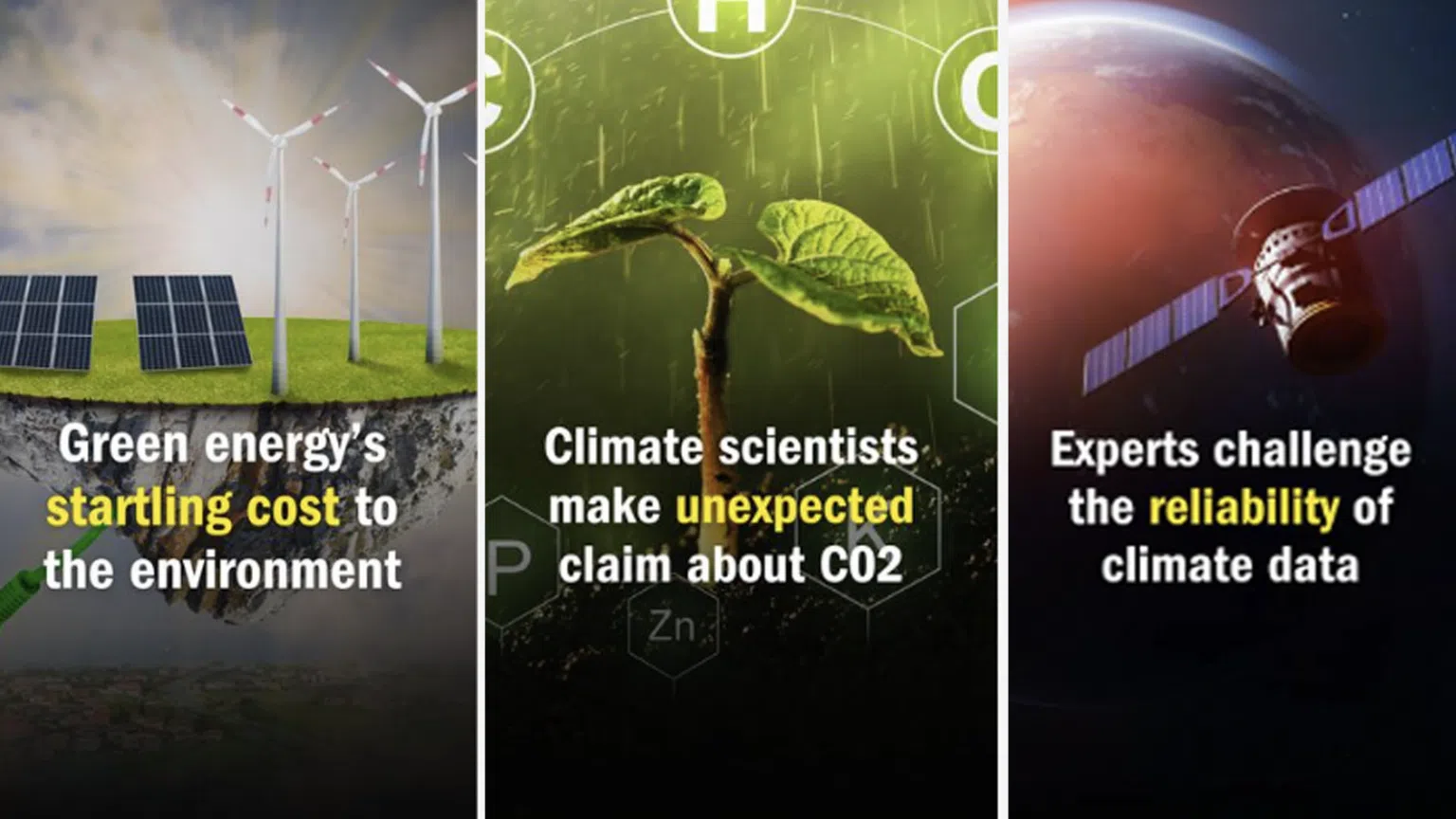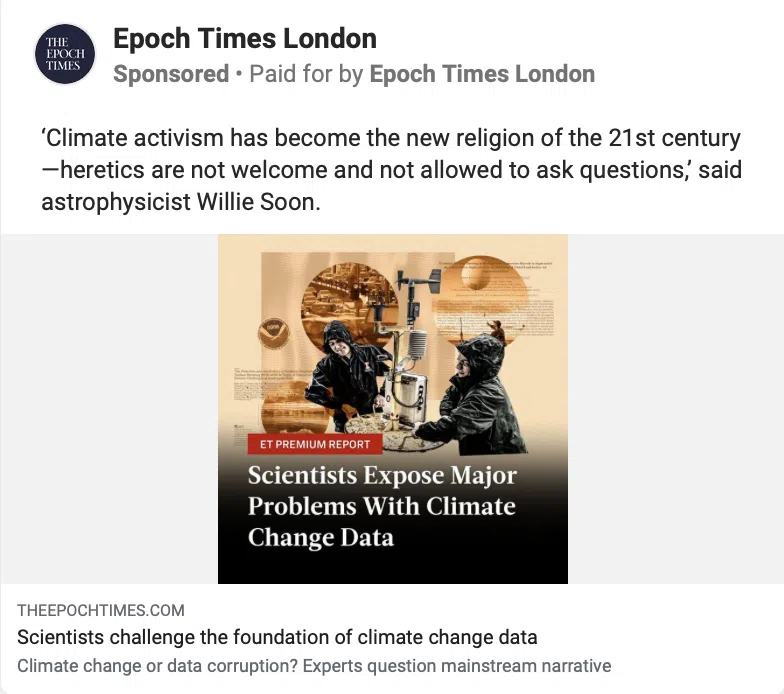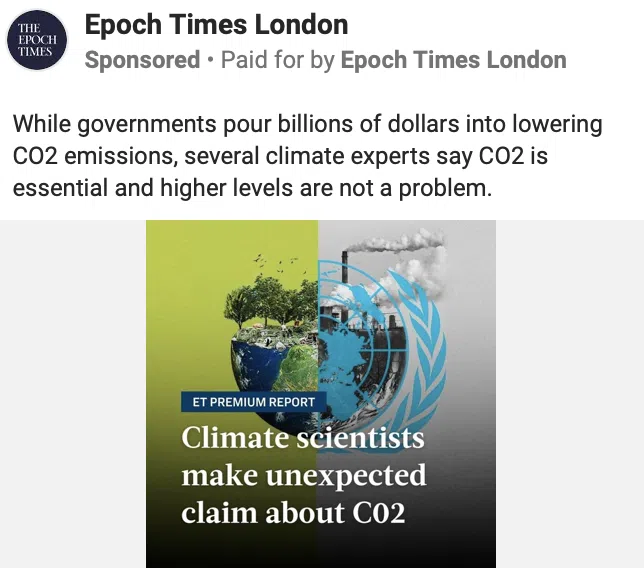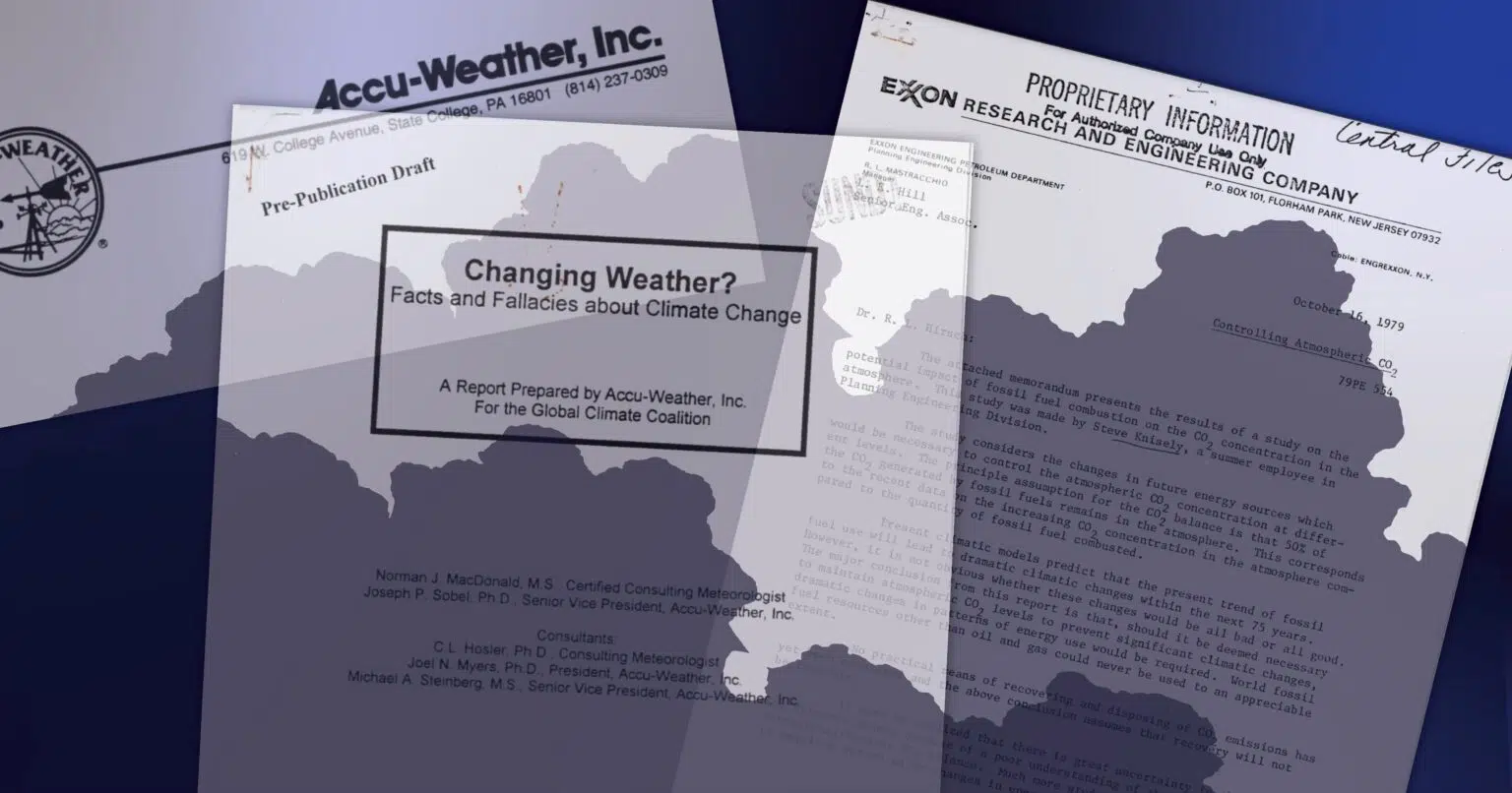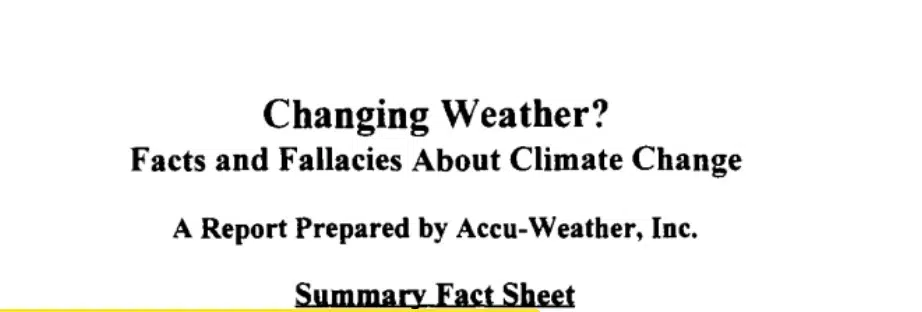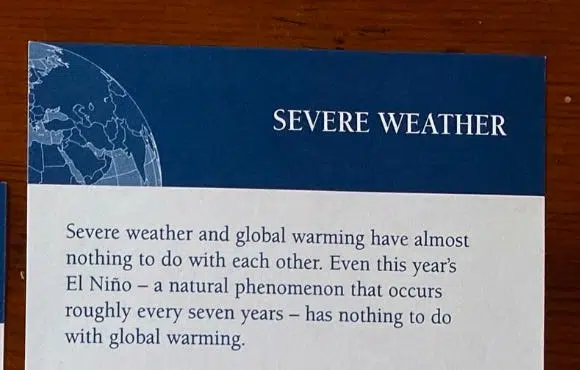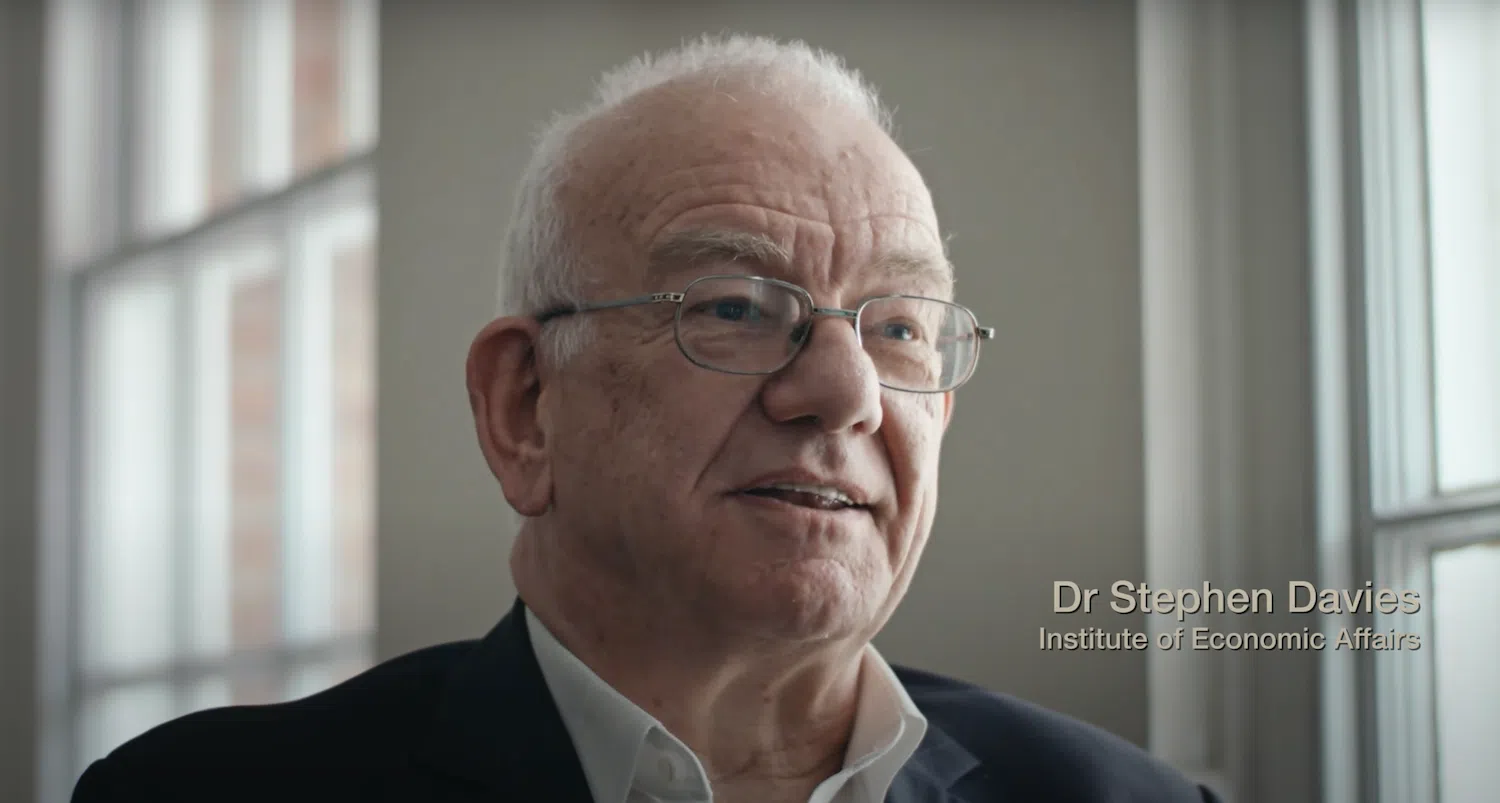Canceled Canadian CCS Project Deemed ‘Not Economically Feasible’
Original article by Taylor Noakes republished from DeSmog.

Repeal accompanies a new report that confirms existing carbon capture projects continue to underperform.
Capital Power Generation has canceled a $2.4 billion carbon capture and storage (CCS) project at their Genesee Generating Station, claiming it is “technically viable but not economically feasible.”
The project aimed to capture and sequester up to 3 million tons of carbon dioxide emissions from the Genesee Power Plant, located southwest of Edmonton, Alberta, a plant that’s in the process of being converted from coal to natural gas.
Julia Levin, associate director of National Climate with Environmental Defence, characterized the cancellation as yet another failure for carbon capture.
“This decision is just the latest failure in carbon capture’s terrible track record,” Levin said in a statement. “It should serve as a lesson for governments on how reckless it is to be using taxpayer dollars to subsidize these projects.”
She indicated that the project had already received $5 million from the Government of Alberta, and was further eligible for additional tax breaks from both the federal and provincial governments.
“Carbon capture has not been successfully used in the power sector,” said Levin.
“Most projects never make it off the ground,” she added. “The few that do, like the Boundary Dam coal plant, capture a fraction of the promised rate.” Levin also noted that equipping power plants with carbon capture makes fossil fuel-generated power even more expensive, while the cost of renewable energy has plummeted.

The Institute for Energy Economics and Financial Analysis (IEEFA) recently released new research that shows the failures of carbon capture in the Boundary Dam coal facility. After nine years and $1 billion spent retrofitting the plant with CCS equipment, the facility never met the 90 percent capture rate owner-operator SaskPower originally promised.
Moreover, all the carbon that Boundary Dam captured was used for enhanced oil recovery (EOR), a process where carbon dioxide is pumped into old wells to extract otherwise unobtainable oil. The IEEFA study further reveals that the Boundary Dam facility’s carbon capture rate is below 60 percent in total over nine years of operation.
“Canadians should not be proud of the money and resources wasted on carbon capture, and they should be especially concerned about the billions of dollars now earmarked for additional carbon capture investments,” said the IEEFA report’s authors, David Schlissel, director of resource planning analysis at the organization, and Mark Kalegha, an IEEFA energy finance analyst, in a statement.
“Carbon capture is not a solution to the world’s climate crisis, especially when coupled with enhanced oil recovery,” they said.
Part of a Decarbonization Plan
Capital Power Generation is an independent power company based in Edmonton, Alberta’s capital city. The company has described the Genesee plant’s conversion from coal to natural gas as part of its decarbonization effort. The company set a goal to decarbonize by 2045. The conversion is also in line with the coal phase-out goals of the Canadian government.
Despite claims by politicians and industry that natural gas is a bridge fuel, or that it is cleaner than coal, the reality is that natural gas is not a carbon-neutral energy source, nor a viable method of decarbonizing the energy grid. Rather, natural gas is a destructive fossil fuel. Research from Robert W. Howarth, a professor of ecology and environmental biology at Cornell University, shows that methane emissions from natural gas is on par with coal’s.

Emissions Reduction Alberta, a government funded group, previously claimed that the Genesee repowering and carbon capture projects could potentially remove about 6.4 million tons of carbon dioxide per year, with CCS projects handling about half that amount.
Though Capital Power Generation justified its decision to cancel the project by stating it wasn’t financially feasible, news reports show the company was holding out for additional financial support from various levels of government. As Global News reported, Altius Royalty Corp., owner of the coal mine that feeds the Genesee plant, had demanded $190 million in compensation from the federal and provincial governments to phase out coal. It argued that government efforts to terminate coal production for health and environmental reasons was equivalent to expropriation.
Altius filed the claim in 2018, and it was rejected by the Court of Appeal of Alberta in April.
In March, the Globe and Mail reported that Capital Power was considering shelving the Genesee CCS project because it couldn’t come to an agreement with the government to provide revenue certainty. The Canada Growth Fund (CGF), a $15 billion federal financing agency, is tasked with guaranteeing a minimum value for emissions-reduction credits earned under Canada’s industrial carbon-pricing system. The March news report claims that representatives from Capital Power argued that negotiations with the CGF had not produced a structure or price that would allow them to proceed with the project. A CGF representative countered that such frameworks and prices had already been negotiated with other companies.
Regardless of what specifics led Capital Power to cancel the Genesee CCS project, the fact remains that CCS is expensive, is often used for EOR, and has a long, well-documented history of under-delivering on the crucial issue of capturing carbon dioxide. Critics say the considerable amount of financial resources already dedicated to CCS have effectively been wasted, particularly when the means to cheaply decarbonize the grid – such as solar panels or wind turbines – are already available.
“The most effective way to deal with carbon dioxide emissions is to prevent them from ever being created,” said Levin with Environmental Defence, “rather than trying to pluck them from the air or smokestacks and inject them underground.”
Original article by Taylor Noakes republished from DeSmog.

